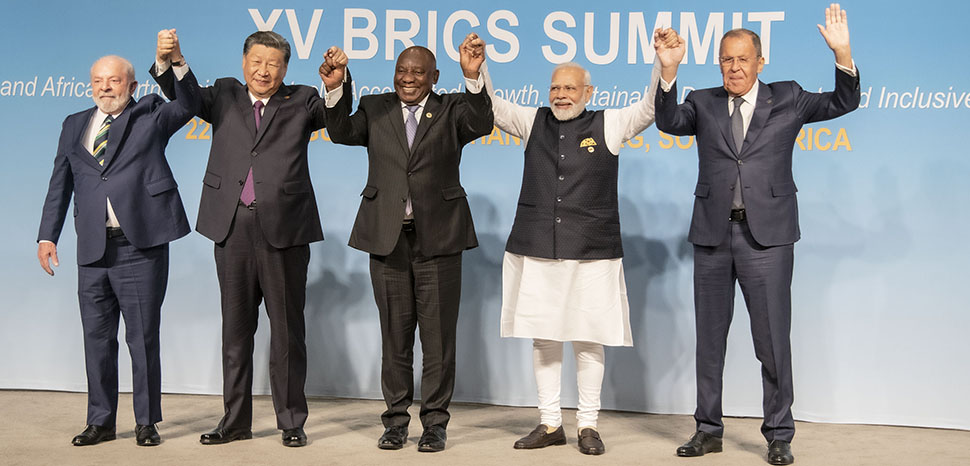In a move that could open up a host of new opportunities for the economic alliance, the BRICS bloc has officially adopted cryptocurrencies for investments. At the collective’s ongoing Business Forum in Moscow, Russian President Vladimir Putin announced the decision that could be a game changer for the group.
The bloc is nearing the highly anticipated BRICS Summit 2024. Taking place next week, it is poised to see a host of new announcements regarding the bloc’s economic policies. Among them is the blockchain-based BRICS Pay platform. The project was recently unveiled to attendees at the forum.
Also Read: BRICS Pay: Alliance Officially Unveils New Payment System
BRICS Embrace Cryptocurrency for Investment Payments
Throughout the last year, the BRICS bloc has sought to increase its presence in global economics. As it continued to seek avenues to promote local currency usage, the bloc has remained focused on limiting international reliance on the US dollar. That pursuit was once again embraced through an interesting announcement made by the collective this week.
The BRICS bloc has said they are poised to adopt cryptocurrencies for investment payments. Indeed, Putin spoke to attendees Friday to announce what is a major shift. Moreover, the decision took place after Russia reversed a ban on the use of digital assets for international payments earlier this year.
Source: Reuters
Also Read: 35 New Countries To Abandon US Dollar at 2024 BRICS Summit
Putin said the bloc will continue discussions on “the use of digital currencies in investment developments by BRICS member states.” Additionally, he said the move would be a positive one for “other developing and emerging economies with good prospects.”
The bloc has continued to develop its economic infrastructure. The BRICS Pay platform and now cryptocurrency adoption are key facets of that. Altogether, it should only increase the trade potential for the bloc. That is especially true as it looks to deviate from continued usage of the US dollar in trade dealings.
